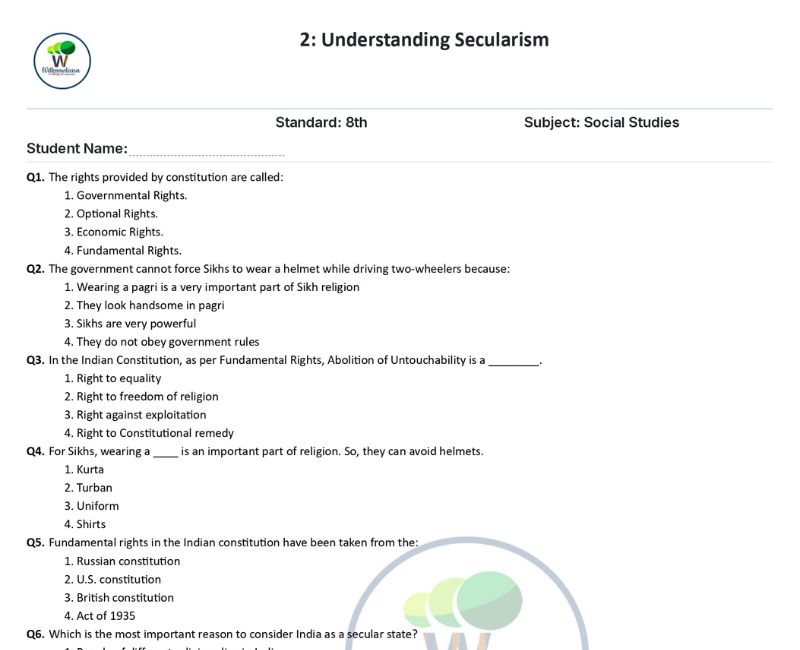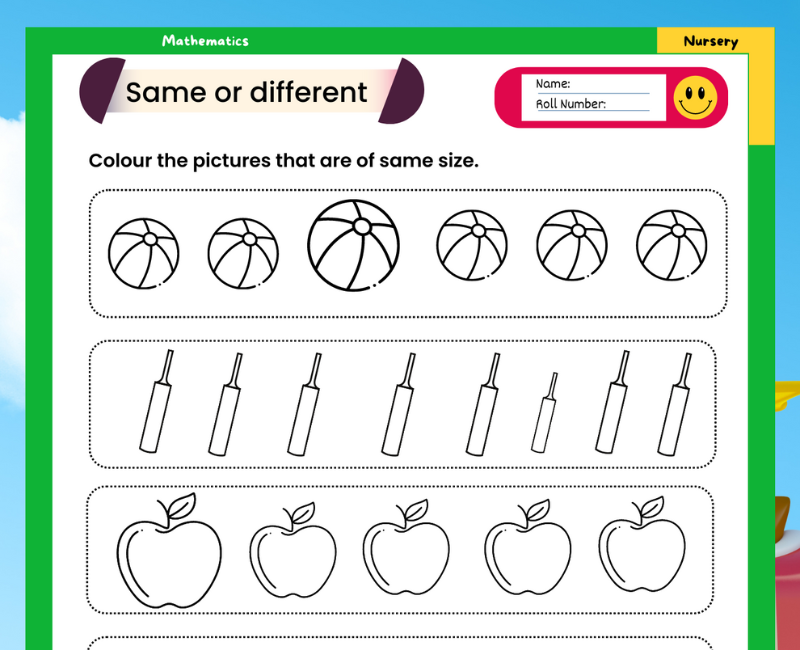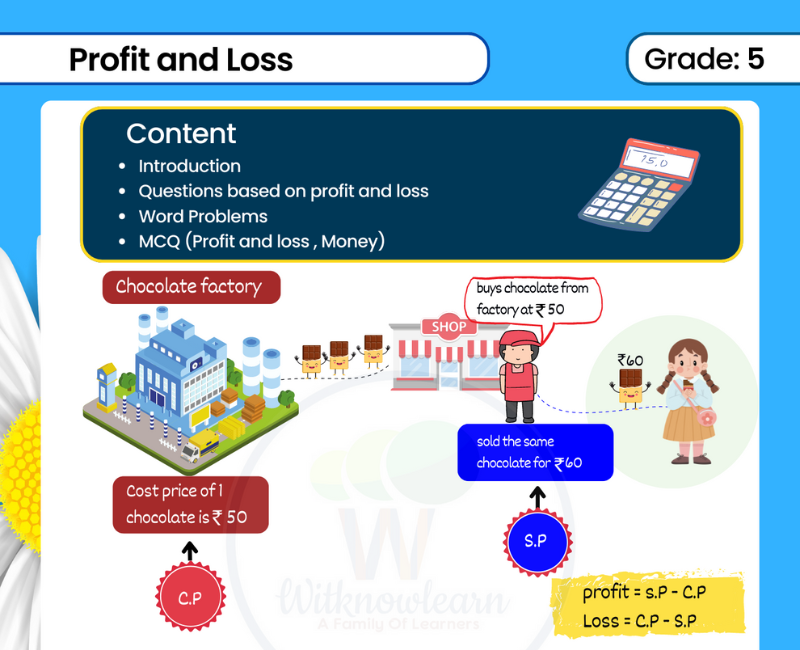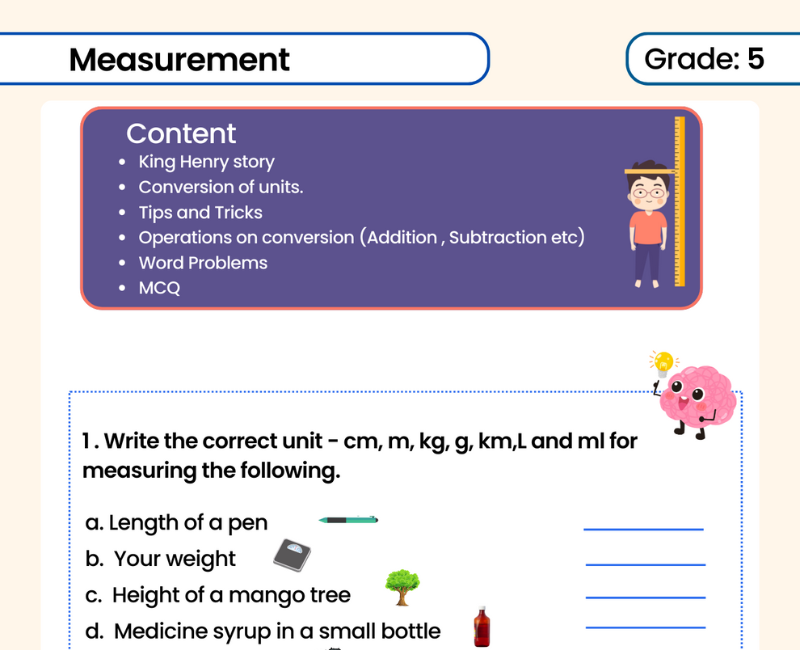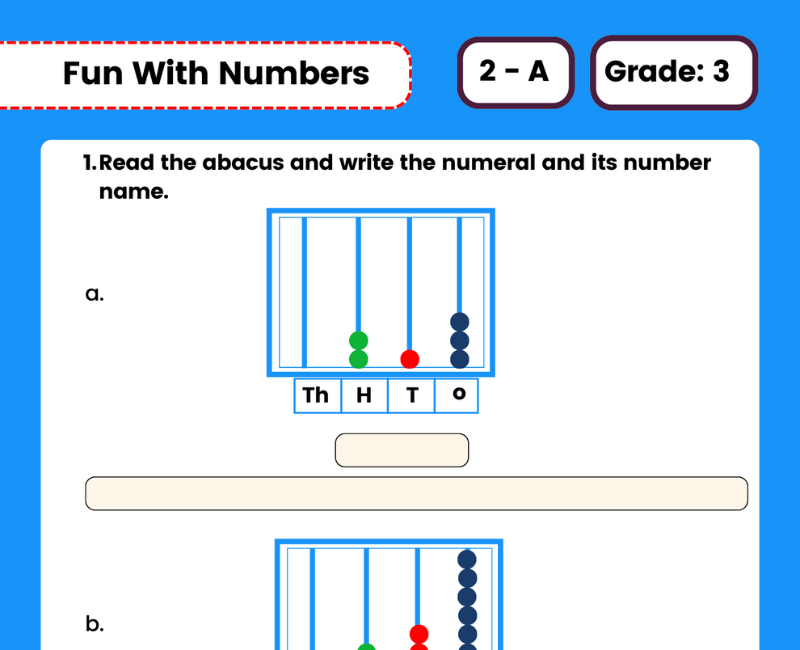Understanding Secularism Class 8 Worksheet With Answers
In this era of globalization and diversity, it is essential for us to understand the concept of secularism. As students, developing a deep appreciation for secularism will not only expand our knowledge but also shape our perspectives on religion and society. To assist you in this journey, we have crafted the 'Understanding Secularism Class 8 Worksheet With Answers Including MCQ', a comprehensive resource that will unravel the intricacies of this crucial topic.
Within this worksheet, you will find thought-provoking questions, multiple-choice options, and detailed answers, making it an invaluable tool for enhancing your understanding. Whether you are preparing for an exam or simply seeking a deeper comprehension, this worksheet is designed to cater to your needs. Secularism plays an integral role in promoting inclusivity, tolerance, and freedom of belief. By grasping its essence, we can create a society that celebrates diversity and respects individual rights. So, join us on this enlightening journey as we dive into the world of secularism through our meticulously curated class 8 worksheet. Get ready to expand your horizons and embrace the rich tapestry of our diverse world.
Understanding secularism, especially in Class 8, is a fundamental aspect of learning about the diverse and inclusive nature of society. Secularism, as a concept, plays a crucial role in maintaining harmony and balance in a multi-cultural country like India. In Class 8 Civics, the chapter on understanding secularism provides young students with insights into how secularism shapes our society and the government's role in upholding this principle.
The subject of understanding secularism in Class 8th includes exploring the difference between Indian secularism and American secularism. This comparison helps students to grasp the unique nature of Indian secularism, which is rooted in the principle of treating all religions equally, as opposed to the American model, which focuses more on the separation of religion and state. This understanding is crucial for students to appreciate the diversity and pluralism of Indian society.
Extra questions and answers, worksheets with solutions, and multiple-choice questions (MCQs) on understanding secularism are great tools for Class 8 students to deepen their understanding of the topic. These resources help reinforce the concepts learned in class, making them easier to remember and apply in real-life situations. The worksheets and MCQs are designed to test the students' knowledge and also develop their analytical and critical thinking skills.
In addition to the textual content, creating a mind map on understanding secularism can be an effective way for students to visually organize and connect various aspects of the topic. This engaging method aids in better retention of information and helps in developing a holistic understanding.
Furthermore, the chapter on understanding secularism in Class 8 Civics is complemented by the chapter on understanding laws. This pairing provides a comprehensive view of how secularism influences the legal framework of India. Short answers and MCQs on understanding laws further enhance the students' grasp of how secularism and law work hand in hand to maintain societal balance.
In conclusion, the study of secularism in Class 8 Civics is not just about learning a concept; it's about understanding the core values that uphold the fabric of a diverse nation. Through various engaging educational tools and comparative studies, students gain a deeper appreciation of secularism's role in maintaining harmony and equality in a pluralistic society. This knowledge forms a crucial part of their civic education and prepares them to be informed and responsible citizens.
What is Secularism?
Secularism is a fundamental principle that advocates the separation of religion from civic affairs and government. It ensures that individuals of different religions and beliefs are treated equally under the law. Secularism does not oppose religion; rather, it provides a neutral ground where all religions can coexist without state interference or preference. This concept plays a crucial role in maintaining harmony in a society with diverse religious practices and beliefs.
Importance of Secularism in a Diverse Society
In a diverse society, secularism is essential as it promotes mutual respect and tolerance among various religious and cultural groups. It creates an inclusive environment where individuals can practice their beliefs without fear of discrimination. Secularism ensures that no single religion is favored by the state, thus maintaining a balanced and harmonious social fabric.
Secularism and Religious Freedom
Secularism is closely tied to religious freedom, as it guarantees the right of individuals to practice their religion or to not follow any religion at all. This freedom is vital for personal autonomy and expression. Secularism protects individuals from religious persecution and ensures that religious beliefs do not influence governmental decisions.
Secularism and the Separation of Church and State The separation of church and state is a key aspect of secularism. This principle ensures that religious institutions do not govern state affairs and, similarly, the state does not interfere in religious matters. This separation is necessary to prevent the misuse of power and to maintain a neutral and fair government.
Secularism in Different Countries
Secularism varies across different countries, each adapting it according to their cultural and historical context. For example, the French model of secularism emphasizes strict separation of religion from public life, while in India, secularism involves equal respect and recognition for all religions. Understanding these variations helps in appreciating how secularism shapes societies differently.
Secularism in Education
Incorporating secularism in education is important as it ensures that students receive a neutral and unbiased understanding of different cultures and religions. Secular education promotes critical thinking, respect for all beliefs, and prepares students to live in a pluralistic society.
Secularism and the Role of the Government
The government plays a vital role in upholding secular principles. It must ensure that laws and policies are made without religious biases and that all citizens, regardless of their religious beliefs, are treated equally. The government's commitment to secularism is crucial for a fair and just society.
Common Misconceptions about Secularism
There are several misconceptions about secularism, such as it being anti-religion or promoting atheism. However, secularism simply advocates for the separation of religion and state and the equal treatment of all religions. It does not oppose religion but rather ensures that religious beliefs do not dictate governmental policies.
Secularism Worksheet with Answers
A secularism worksheet with answers is an effective educational tool that helps students understand and explore the concept of secularism. These worksheets often include definitions, scenarios, and questions that encourage students to think critically about the role and impact of secularism in society.
Conclusion Secularism is a cornerstone of a democratic and diverse society. It promotes religious freedom, ensures the separation of church and state, and maintains harmony among different cultural groups. By understanding secularism, we can appreciate its significance in creating a fair and equitable society for all.
